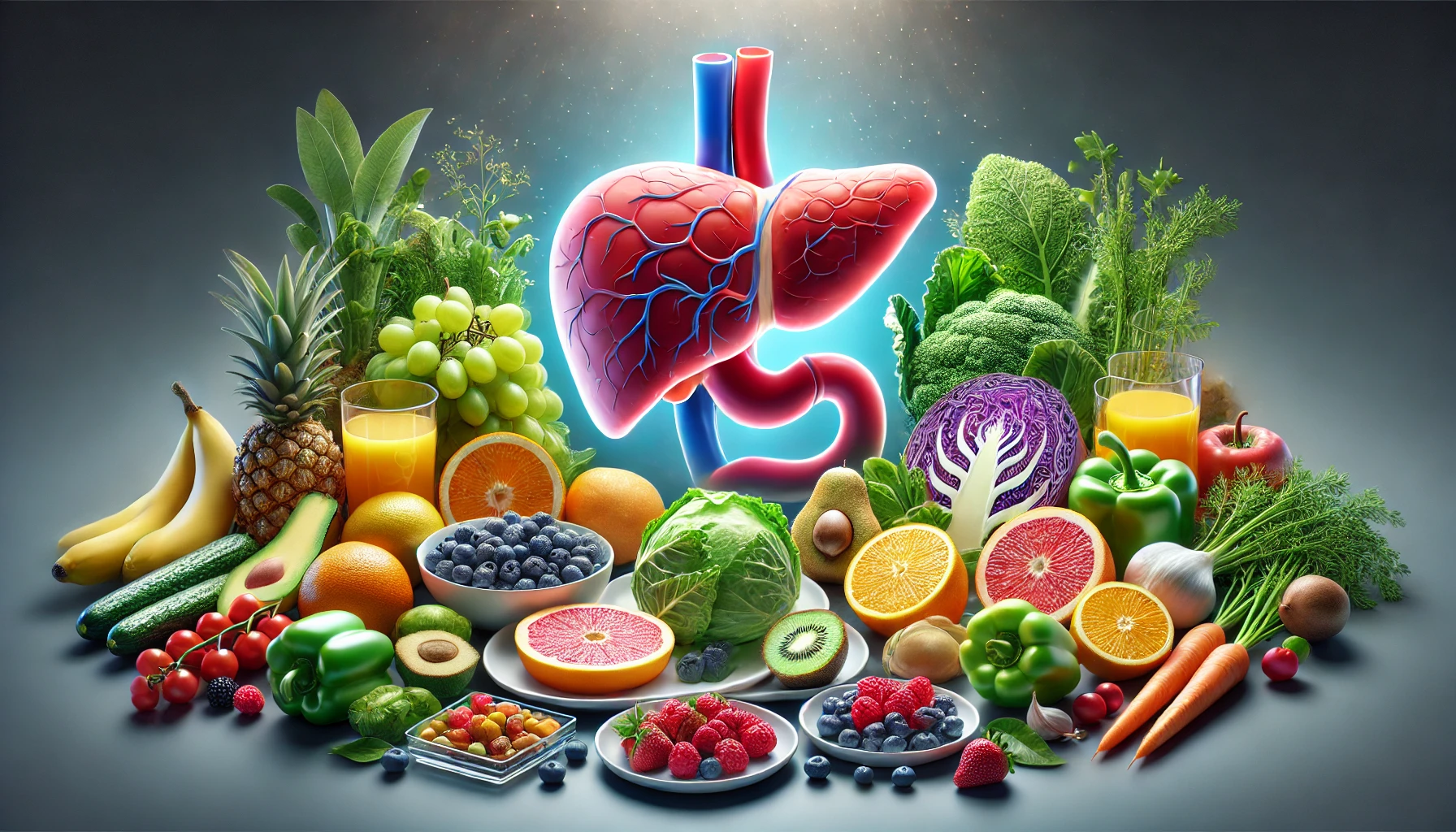This post was written with Consensus AI Academic Search Engine – please read our Disclaimer at the end of this article. Maintaining a healthy diet is crucial for supporting gallbladder function and preventing gallbladder problems. Incorporating whole-food-based supplements, sodium-bicarbonated mineral water, and moderate amounts of dietary fat can promote gallbladder health. Avoiding high-fat, low-protein diets and rapid weight loss plans can also reduce the risk of gallstone formation. By making informed dietary choices, individuals can manage and prevent gallbladder problems effectively.
Gallbladder problems can cause significant discomfort and lead to serious health issues if not managed properly. Diet plays a crucial role in maintaining gallbladder health and preventing complications. This article explores various foods and dietary habits that can support gallbladder function and alleviate gallbladder problems.
Foods That Support Gallbladder Health
Whole-Food-Based Supplements
Whole-food-based health products, such as A-F Betafood®, have been shown to improve gallbladder function. A study demonstrated that supplementation with A-F Betafood® significantly reduced gallbladder wall thickness and improved gallbladder volume and ejection fraction in overweight adults1 2. These improvements suggest that whole-food-based supplements can support healthy gallbladder function and may be beneficial for individuals at risk of gallbladder insufficiency.
Sodium-Bicarbonated Mineral Water
Sodium-bicarbonated mineral water has been reported to have beneficial effects on digestion and cholesterol levels. A study found that consuming sodium-bicarbonated mineral water with a meal reduced postprandial serum triacylglycerols and cholecystokinin levels, while increasing gallbladder volume and reducing gallbladder emptying3. This suggests that sodium-bicarbonated mineral water could be incorporated into the diet to support gallbladder health and reduce cardiovascular risk.
Dietary Fat
The role of dietary fat in gallbladder function is significant. A study on rapid weight loss diets found that a diet with a small amount of dietary fat (10 g) stimulated maximal gallbladder emptying and reduced the risk of gallstone formation compared to a very-low-calorie diet with minimal fat4. This indicates that moderate fat intake is essential for maintaining gallbladder motility and preventing gallstone formation.
Specific Food Ingredients
Different food ingredients can have varying effects on gallbladder emptying. A study investigating the effects of various food ingredients found that fat was the most effective in stimulating gallbladder emptying, correlating well with cholecystokinin levels5. This highlights the importance of including healthy fats in the diet to promote gallbladder function.
Foods to Avoid
High-Fat and Low-Protein Diets
A cross-sectional survey found that patients with gallbladder stones often had a high-fat and low-protein diet, irregular eating habits, and insufficient water intake9. These dietary patterns were associated with lower levels of high-density lipoprotein cholesterol and higher levels of apolipoprotein A, which may contribute to gallstone formation. Therefore, it is advisable to avoid high-fat, low-protein diets and maintain regular eating habits to support gallbladder health.
Rapid Weight Loss Diets
Rapid weight loss diets, especially those with very low caloric intake and minimal fat, can increase the risk of gallstone formation due to poor gallbladder emptying and increased bile cholesterol saturation4. It is important to follow a balanced weight loss plan that includes moderate fat intake to prevent gallbladder issues.
Disclaimer
The content presented in this blog is generated by Consensus, an AI-powered academic search engine, and is based on publicly available scientific literature. While every effort is made to provide accurate, up-to-date, and well-researched information, the content is intended for informational and educational purposes only. It does not constitute medical advice, diagnosis, or treatment. Always consult a qualified healthcare professional before making any decisions regarding medical conditions, treatments, or medications. The AI system’s analysis may not cover all perspectives, emerging research, or individual cases, and it is not a substitute for professional expertise. Neither the blog publisher nor the developers of the AI-powered search engine are responsible for any actions taken based on the information provided in this content. Use of this information is at your own risk. Citations to the original scientific studies are included for reference, but these studies should be reviewed in full and interpreted with the guidance of a healthcare or research professional.
If you are experiencing a medical emergency, please seek immediate attention from a healthcare provider.
